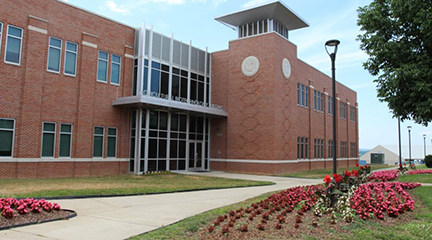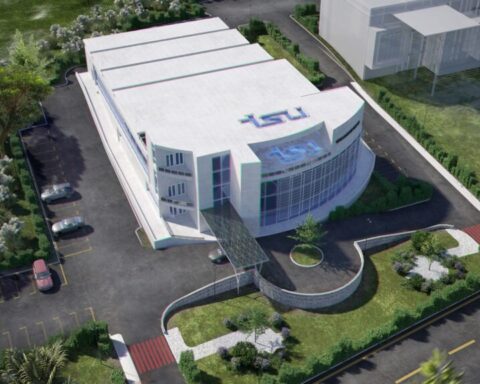By Alexis Clark
The U.S. Department of Agriculture’s (USDA) National Institute of Food and Agriculture (NIFA) announced an investment this week of nearly $4 million – $1.9 million of which will be award to TSU’s College of Agriculture.
The NIFA is awarding the college $1,920,000 for a new 1890 Center of Excellence grant, an investment that helps increase rural prosperity and economic sustainability of food systems in underserved farming communities, according to Dr. Dionne Toombs NIFA Acting Director.
TSU is one of two institutions to receive the grant this year, along with Delaware State University.
Dean and Director of Research/Administrator of Extension Chandra Reddy said the funding is a recognition of TSU’s capacity in Environmental Sciences and capabilities in finding solutions to the Climate Change, which is threatening the sustainability of human life on earth.
“Together with our 1890 partners, we will not only generate smart ways to manage climate change problems but also train minority workforce in this all-important field,” Dr. Reddy said. “This Center of Excellence will strengthen our graduate programs and improve our research and extension capabilities in climate change field.”
The College of Agriculture will collaborate with four other HBCUs – Alabama A&M University, Southern University, Florida A&M University and Langston University, to host the 1890 Center of Excellence for “Natural Resources, Renewable Energy, and the Environment (COE-NREE): A Climate Smart Approach.”
Dr. Reddy will be the Centers director, while Dr. De’Etra Young, Associate Dean for Academics and Land-Grant Programs, and Associate Professor of Wildlife Ecology, Dr. William Sutton, will be the co-directors.
“These grants continue to support projects that address critical needs for developing global food security and defense, enhance academic and career activities for students pursuing careers in food and agricultural sciences, and address vital needs in nutrition and health to improve the quality of life of underserved populations,” Dr. Reedy said.
Dr. Sutton said the 1890 Center of Excellence will begin this month and the term will last 3-5 years following initial approval.
“It feels great to receive approval to move forward with this effort,” Dr. Sutton said, noting how talented the faculty and students are.
“We put in a large amount of work with this effort, and to get the announcement that we received the funding is a huge validation on what we are doing in our Department and the College of Agriculture.
Drs. Reddy, Young, and I are excited to lead this effort.”
This will provide collaborative opportunities among 1890 Institutions to develop management practices that will promote natural resources, explore renewable energy sources, and develop climate smart agricultural production practices to reduce carbon dioxide in the atmosphere and improve environmental quality and sustainability, according to NIFA.





